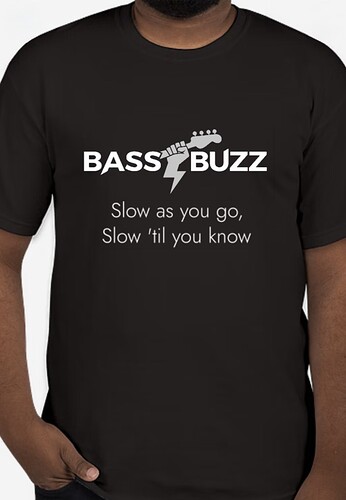Self doubt, and the repeated implantation of those doubts into the subconscious.
The subconscious mind is an amazing piece of neurology. One of the reasons that’s so is because it’s always there running all of your basic functions. Like 7-11, it’s open around the clock, even on holidays. Be glad for that. If it wasn’t you’d have to think your way through breathing and you would very shortly die.
Another thing that makes the subconscious interesting is that it believes everything programmed into it is 100% true and, thus programmed, it will work behind the scenes to make those truths a reality.
I have always been my own worst critic; no one tells me I’m not good enough or smart enough or handsome enough more than I do…not by a long shot. You probably know someone like that. You may be like that yourself.
I picked up the electric guitar in high school. I started high school in 1980, not long after Van Halen I came out and kicked rock guitar into hyperdrive. As a self-taught player, I would compare myself to Eddie, and Randy Rhodes, and all the other nimble-fingered axeslingers of the day and I would tell myself, with alarming regularity, that I wasn’t that good, that I would never be that good, that the learning curve in front of me resembled the face of Hoover Dam more than it did a curve, and many other creative phrases that in the end all boiled down to, “You suck, and you’re always gonna suck.” And I had plenty of confirmation in that from others who were, shall we say, less than fully supportive of my efforts.
At some point my subconscious, having heard the “You suck, dude” refrain often enough, said “Message received!” And since it 100% believed what I’d been telling it endlessly, it worked diligently to ensure that my reality matched my thinking. And that’s exactly what happened.
Unsurprisingly, I never really got all that good at guitar. Decent enough, mostly at rhythm guitar, but nowhere near where I wanted to be. Playing lead? Awww hell no. And it was my own fault, because I spent so much time programming myself (for lack of a better phrase) to not get better…so I didn’t. And it’s a very short walk from “I’m no good at this” to “Why even bother?” And “why bother?” is the beginning of the end.
As an aside, while the subconscious implements, the conscious rationalizes. A person’s conscious thoughts may tell them that they let something fall by the wayside because they were too busy, or too tired, or too much or too little of any other number of things. Believe me, I’ve told myself all of them and more. Those conscious rationalizations are half-truths at best. You’re busy, sure…but are you that busy? Not even fifteen minutes available? The subconscious knows what the game is.
One of the charms of the B2B course is that the student gets several early wins. Those are so, so critical. Not because the dopamine hit feels good, but because those wins get that student thinking, “I can do this! I am doing this!” When you hear Your Trusty Bass Teacher™ using phrases like, “You crushed this module!”, using other phrases of encouragement, and ensuring you that the difficulties you’re facing are the same ones he and other bassists faced and that they’re normal–and that you don’t suck because you have them–that just bolsters the “I can do it” mentality. The early playing wins, the little achievement badges, even the name “Beginner to Badass”…they’re all there to repeatedly put those “I’ve got this!” thoughts, literally, into your head.
Very few people give up on something they enjoy doing and think they’re good at. If feelings of joy and competence are there you put in time because you want to—you want to feel more joy and competence. Get enough of that and progress is a given. Conversely, plenty of people flounder or quit when they convince themselves that they’ll never be much good at something and that the road to getting better is impossibly long and arduous.
You are what your subconscious mind “eats.” Make sure you feed it plenty of encouragement on your musical journey, and watch how much further that journey takes you.
TL;DR: The reason people don’t get better at bass is because their conscious thoughts have programmed their subconscious ones to ensure that they don’t.
